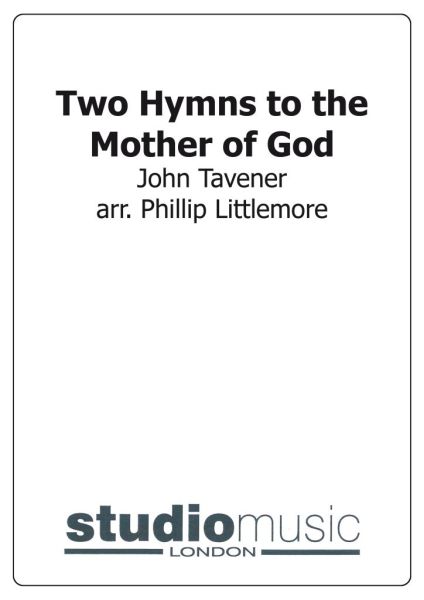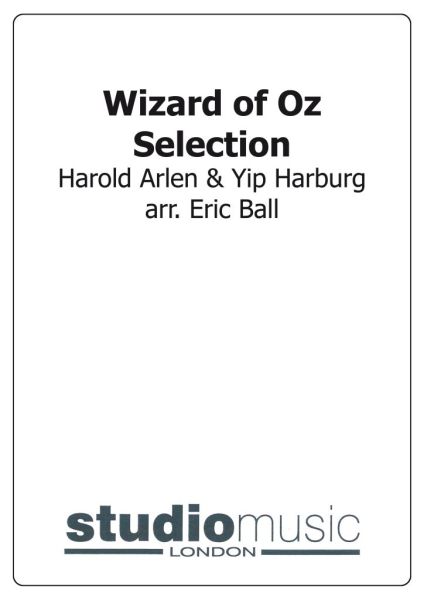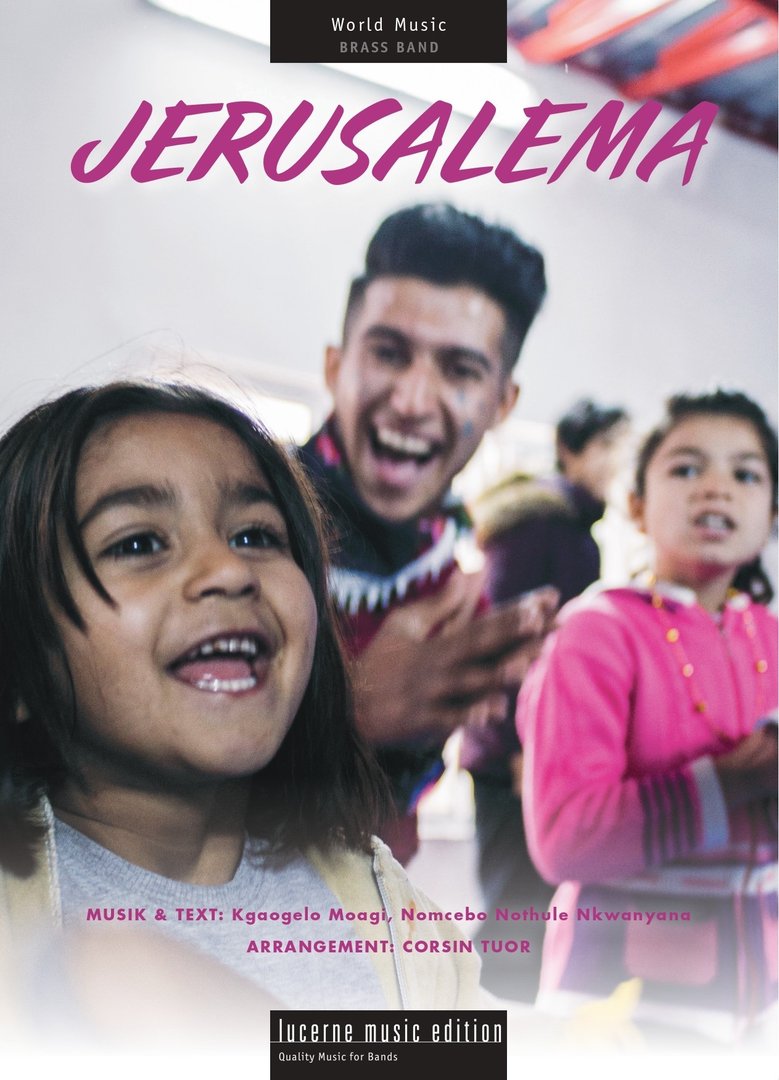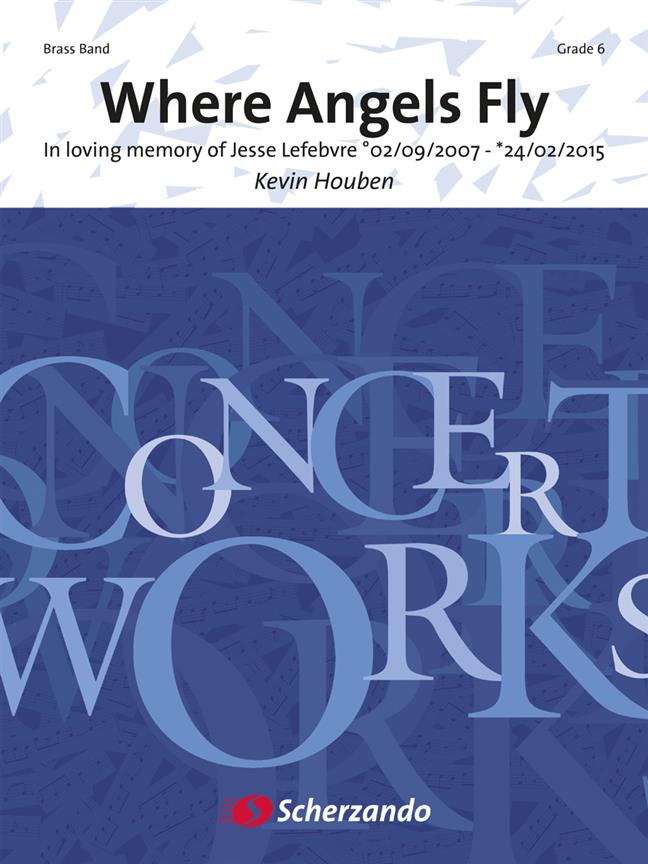Results
-
 £42.95
£42.95Two Hymns to the Mother of God
Includes: A Hymn to the Mother of God
Estimated dispatch 7-14 working days
-
 £39.95
£39.95Wizard of Oz Selection
Includes: The Merry Old Land of Oz; We're Off to See the Wizard; The Jitterbug; If I Only Had a Brain; Ding, Dong! The Witch is Dead; Over the Rainbow.
Estimated dispatch 7-14 working days
-
 £58.10
£58.10Jerusalema (Brass Band - Score and Parts)
Jerusalema is a song by South African DJ and record producer Master KG featuring South African vocalist Nomcebo. Here is a great brass band arrangement by Corsin Tuor
Estimated dispatch 7-14 working days
-
 £152.99
£152.99Where Angels Fly (Brass Band - Score and Parts)
Where Angels Fly was commissioned by VLAMO (Flemish Band Association). Kevin Houben wrote this work for the 2017 European Brass Band Championships in Ostend, Belgium. This is a very technical, powerful and virtuosic work with a rather fragile and soft introduction in which the main motif " derived from the Belgian composer Paul Gilsons (1865-1942) La Priere from Le Retour au Pays " is developed and also includes Houbens own musical signature HBE(N). Where Angels Fly is a challenging, impressive and virtuosic contest piece. Duration: 16.00
Estimated dispatch 7-14 working days
-
 £24.95
£24.95Praeludium and Allegro (Trombone Solo with Brass Band - Score and Parts)
Trombone Solo with Brass Band
Estimated dispatch 7-14 working days
-
 £25.00
£25.00Torbellino (Brass Band - Score and Parts)
A Latin Waltz for your Brass Band.
Estimated dispatch 7-14 working days
-
 £33.10
£33.10Musica Religiosa (Brass Quintet)
The Obrasso Brass Quintet Series includes the following parts:Part 1 in BbPart 2 in BbPart 3 in Eb and FPart 4 in Bb TC and C BCPart 5 in Eb TC and C BC
Estimated dispatch 7-14 working days
-
 £25.20
£25.20Bethena (Brass Quintet)
The Obrasso Brass Quintet Series includes the following parts:Part 1 in BbPart 2 in BbPart 3 in Eb and FPart 4 in Bb TC and C BCPart 5 in Eb TC and C BC
Estimated dispatch 7-14 working days
-
 £33.10
£33.10Wedding Dreams (Brass Quintet)
The Obrasso Brass Quintet Series includes the following parts:Part 1 in BbPart 2 in BbPart 3 in Eb and FPart 4 in Bb TC and C BCPart 5 in Eb TC and C BC
Estimated dispatch 7-14 working days
-
 £25.20
£25.20But Not For Me (Brass Quintet)
The Obrasso Brass Quintet Series includes the following parts:Part 1 in BbPart 2 in BbPart 3 in Eb and FPart 4 in Bb TC and C BCPart 5 in Eb TC and C BC
Estimated dispatch 7-14 working days
